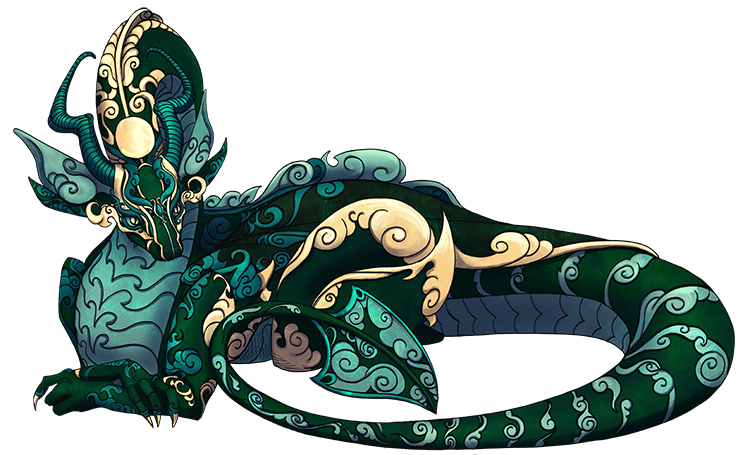
Recommendations
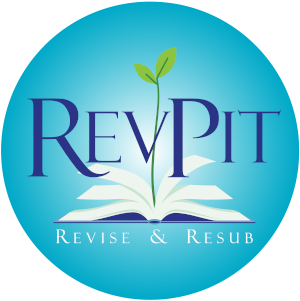
Revise & Resub Contest:
This contest says it is all about the editing (and it is), but it is mostly about the community. So many writers and editors come together to discuss writing tips and show their support.
In this contest, authors will win feedback and full edits on their manuscript from professional editors, ensuring their works are polished and ready for those agent inboxes. Authors will be immersed in a supportive community of their peers, they will also have the chance to learn more about how their story fits into the industry.

Editorial Freelancer's Association
If we aren't a good fit for you (That could never be so! But actually, it is very possible. We'll just have to learn to deal with the disappointment) or you want to learn more about hiring freelance editors, check this site out. It is chockful of great editors and information on what to expect when you are hiring a freelance editor.
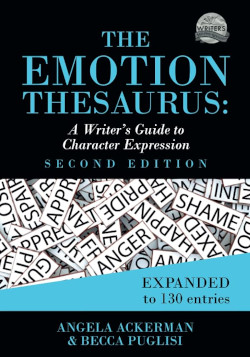
The Emotion Thesaurus: A Writer's Guide to Character Expression (Second Edition) by Becca Puglisi and Angela Ackerman
I recommend this book to every writer. It’s a great resource for expressing emotions in various ways. It even helps with voice and deep POV. It’s a great reference guide for while you’re writing and editing.

Grammar Girl
This is a wonderful resource for when you can't remember the difference between further and farther, breath and breathe, or your and you're (please tell us you don't mix up your/you're. It will make us very sad).
You will find almost all of your grammar questions answered here in a simple and easy-to-understand format.
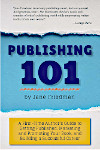
Jane Friedman
Jane Friedman knows everything there is to know about publishing, agents, editors, and the industry as a whole. Anything you've ever wanted to know about the industry from writing query letters to what to expect when working with an editor can be found through her. She has written books on the topic and filled her website full of great tidbits to help you along your way.
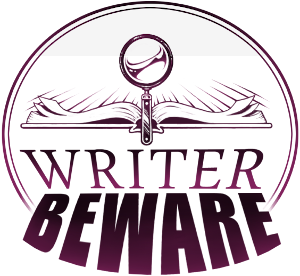
Writer Beware
Writer Beware is an excellent resources that aims to protect authors “by tracking, exposing, and raising awareness about schemes, scams, and other bad practice in the publishing industry, with the aim of providing writers with tools to protect themselves from exploitation.”
QueryTracker
If you are to submit to an agent, QueryTracker is a great place to start. It’s an amazing database full of great information on agents. It includes response times, author experiences, and agent likes and dislikes. Once you are ready to query, this is the perfect place to go.
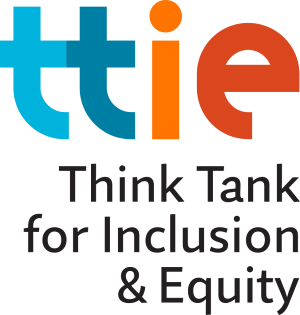
#WriteInclusion Factsheets
A website that has research-driven one-page factsheets that serve as starting points for writing different marginalized identities sensitively. It’s a fantastic starting place!
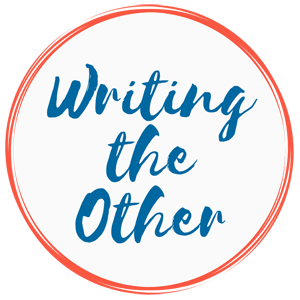
Writing the Other
An amazing website with written posts and webinars, plus they do live classes on a pretty regular basis. Also consider reading their book:
- Writing the Other by Nisi Shawl and Cynthia Ward
- For understanding the work and research that goes into writing characters with backgrounds different than the writer’s.

Conscious Style Guide
This is a fabulous, albeit large online resource full of tons of articles and posts that break down potentially harmful language and conscious word choices. It’s great for when you’re writing a marginalization that is not part of your own identity.
Story Chat Radio
Two book editors binge-watch movies in search of storytelling gems. Their sacrifice is your novel’s gain.
Join Book Light Editorial’s Carly Hayward and co-host Jeni Chappelle as they watch different movies with an eye for storytelling and novel writing. Then they use their training and years of experience editing novels to break down different storytelling elements to help you improve your novel-in-progress.
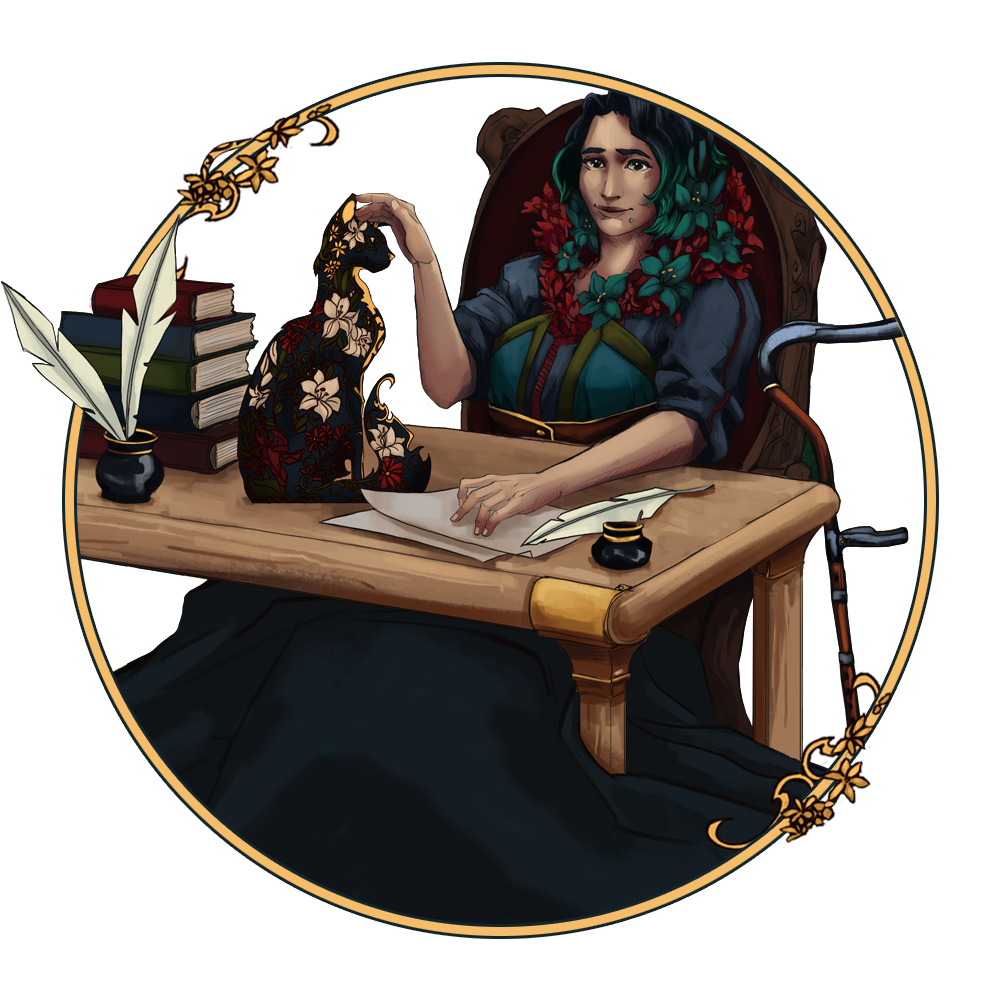
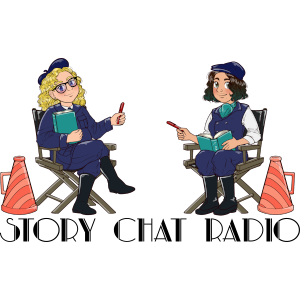
Like and subscribe to the podcast on Apple Podcasts, Spotify, Google Podcasts, and YouTube. Or check out the website!

